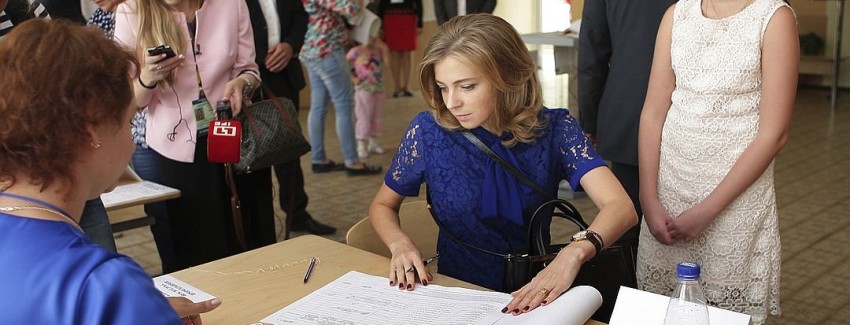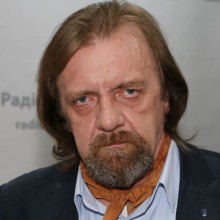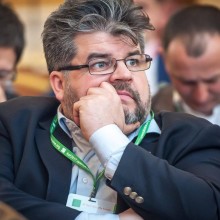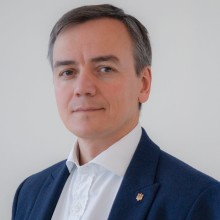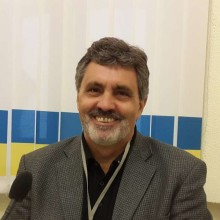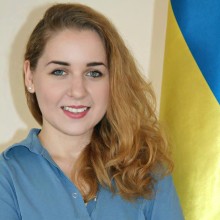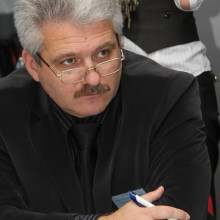Former Ukrainian diplomat, now a political expert and the director of the multilateral relations department of NGO 'Maidan of Foreign Affairs', Alexander Khara analyzes West and Russia's positions on non-recognition of Russian Parliamentary elections in Crimea.
Kyiv has fulfilled its threats not to recognize the Russian Parliamentary elections not only in Crimea, but overall too. In a decision, made on September 20, Ukrainian lawmakers declared their Russian counterparts to be illegitimate and have called on the international organizations to do the same.
While the world's non-recognition of the Russian Duma (the Parliament) seems highly unlikely, the EU and several other states, including Turkey, already said they would not accept the elections in occupied Crimea. Still, the situation remains extremely curious, since it is unclear how the decision is going to be implemented.
‘I can compare it with Brexit. Everybody knows what Brexit is, but no one knows it's going to work', says Ukrainian political expert Alexander Khara.
He explains, Ukrainians will try to block any Russian delegations from international meetings and forums. The Europeans will most likely focus on doing the same, but imposing the restrictions on the lawmakers elected in Crimea.
But what about the Russian Parliament in general? The laws and bills that get approved with the help of the Crimean representatives? What will the EU do?
‘I couldn't divide legitimacy of the whole body; they (the EU – UT) will possibly be considering each and every act, especially concerning Ukraine and international affairs, taking a ‘case by case' approach to address the decisions, made by the Russian Parliament', Khara says.
It seems that Ukraine has only added to the list of problems Europe isn't a hundred percent sure how to deal with, including Brexit, the migrant crisis, visa liberalization and the referendum on the EU-Ukraine association agreement in the Netherlands.
Russia, in turn, is surely going to stick with its ‘I don't care' policy, which has truly shined for many years and has been fully demonstrated during its military intervention in Georgia and Ukraine. Or when, as Khara pointed out, Putin decided that Russia should be given rights to overthrow decisions, made by the international bodies, such as the European Court of Human Rights.
‘Russia invented such a thing, called sovereign democracy. It means they just don't care about other views from other countries, if the ruling regime in the country is democratic, or what is it doing. Russians are saying ‘we need to get back to the real politics', meaning that the strong ones of this world will dictate their will upon smaller countries, and their sovereign democracy concept supports that', the expert says.
The effect of the West's decision is yet to be seen. In the meantime, Ukraine has obtained another tool to keep Russia under pressure in the future.
Source: Ukraine Today
